Reducing fishmeal and fish oil in salmon diets could permit 2 percent production growth annually until 2100
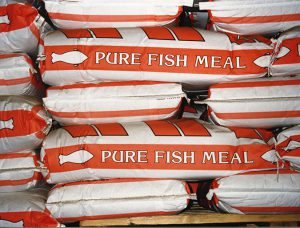
A new study by Deakin University researchers has found that reducing the amount of marine-derived natural resources – such as fishmeal and fish oil – in the diet of farmed Atlantic salmon will safeguard the future of a rapidly growing aquaculture industry into the next century.
The study, published in Nature Food, outlines how consumer demand for salmon across the globe is driving rapid growth in the Atlantic salmon aquaculture industry, but that future expansion may be determined by how wisely fishmeal and fish oil are used in the coming decades.
The research team used predictive modeling to forecast industry growth based on different dietary formulations in feeds for Atlantic salmon. They also evaluated the impact this would have on the nutritional value of the fish, particularly on levels of omega-3 fatty acids.
Incorporating 3 percent fish oil and 3 percent fishmeal in aquaculture feeds could permit 2 percent per year production growth until 2100 – independent of novel aquaculture feeds currently being utilized.
According to the lead researcher, Associate Professor David Francis, the modeling presents a positive outlook for sustainable fish production. However, there’s still a need for ongoing refinement of feed formulations.
“The continued development and adoption of novel raw materials will further decrease the current reliance on finite marine resources – specifically fish oil and fishmeal,” said Francis. “We envisage that this study will progress the conversation on balancing the development of the aquaculture industry with the conservation of fisheries.”
Follow the Advocate on Twitter @GSA_Advocate
Now that you've reached the end of the article ...
… please consider supporting GSA’s mission to advance responsible seafood practices through education, advocacy and third-party assurances. The Advocate aims to document the evolution of responsible seafood practices and share the expansive knowledge of our vast network of contributors.
By becoming a Global Seafood Alliance member, you’re ensuring that all of the pre-competitive work we do through member benefits, resources and events can continue. Individual membership costs just $50 a year.
Not a GSA member? Join us.
Author
Related Posts
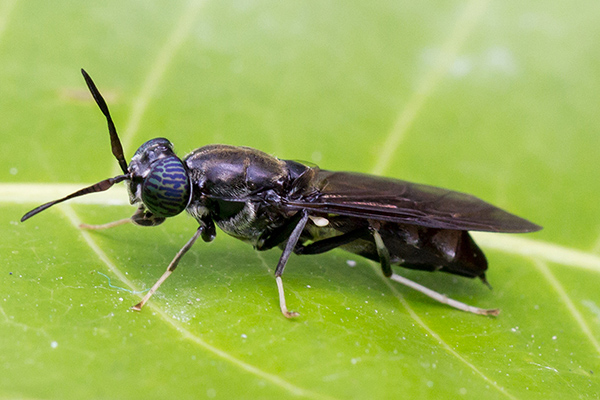
Aquafeeds
Meta-analysis of the effects of black soldier fly meal on fish growth
Results indicate it is feasible to achieve high levels of substitution of fishmeal with black soldier fly meal without risking a negative impact.
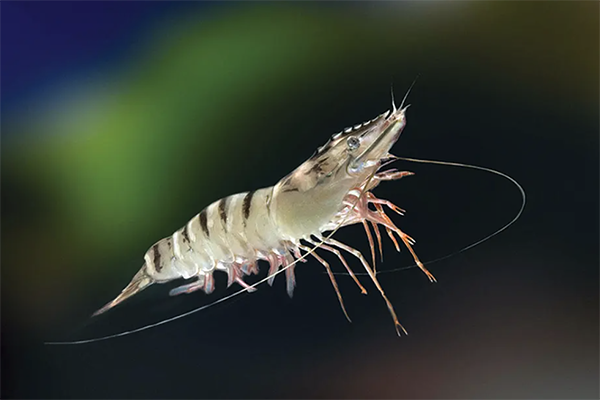
Aquafeeds
Ridley wins environmental award for fish-free prawn diet
Australia-based Ridley won an environmental award for its fish-free prawn diet, which offers a sustainable, high-performing shrimp feed.
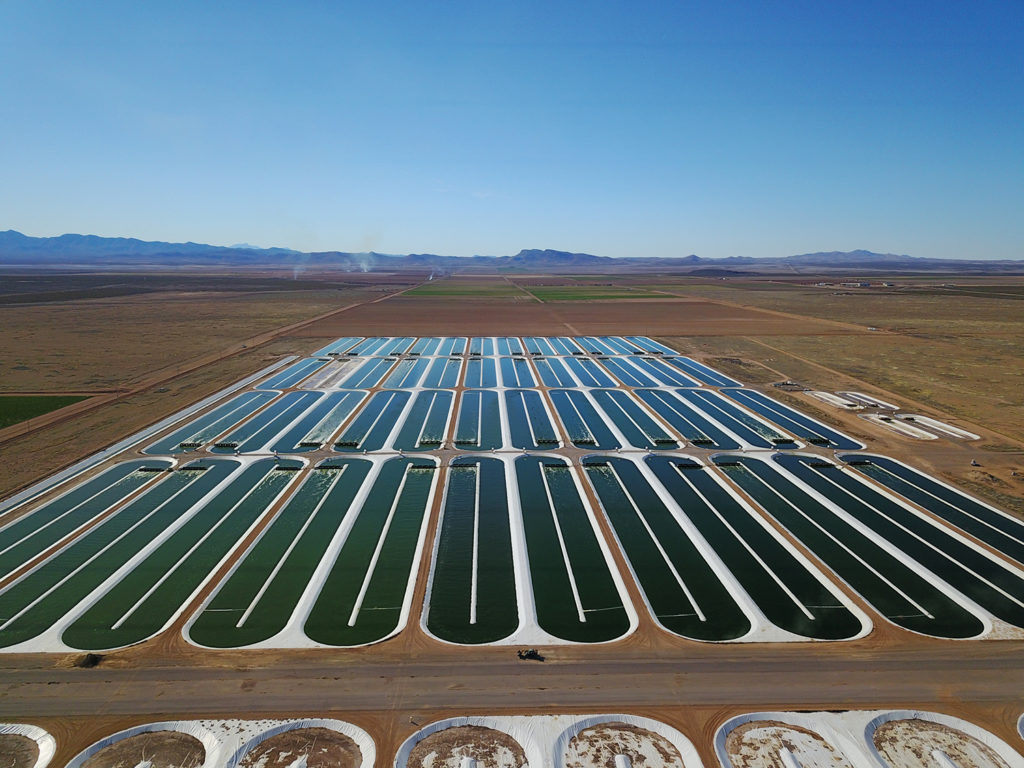
Aquafeeds
Pond-cultivated algae: Slimy superhero for aquafeeds?
Qualitas Health, which grows algae in ponds in New Mexico and Texas for human supplements, is entering the alternative aquafeed ingredient market.
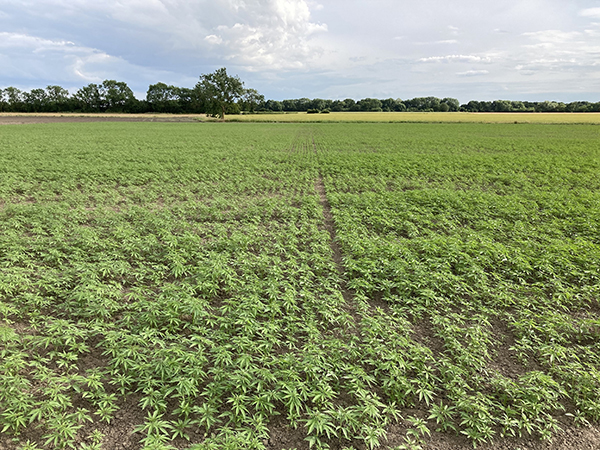
Aquafeeds
Hemp seeds trialed as a feed ingredient for Scottish salmon
Rare Earth Global is exploring how hemp seeds could be integrated into the diets of farmed salmon in Scotland.



